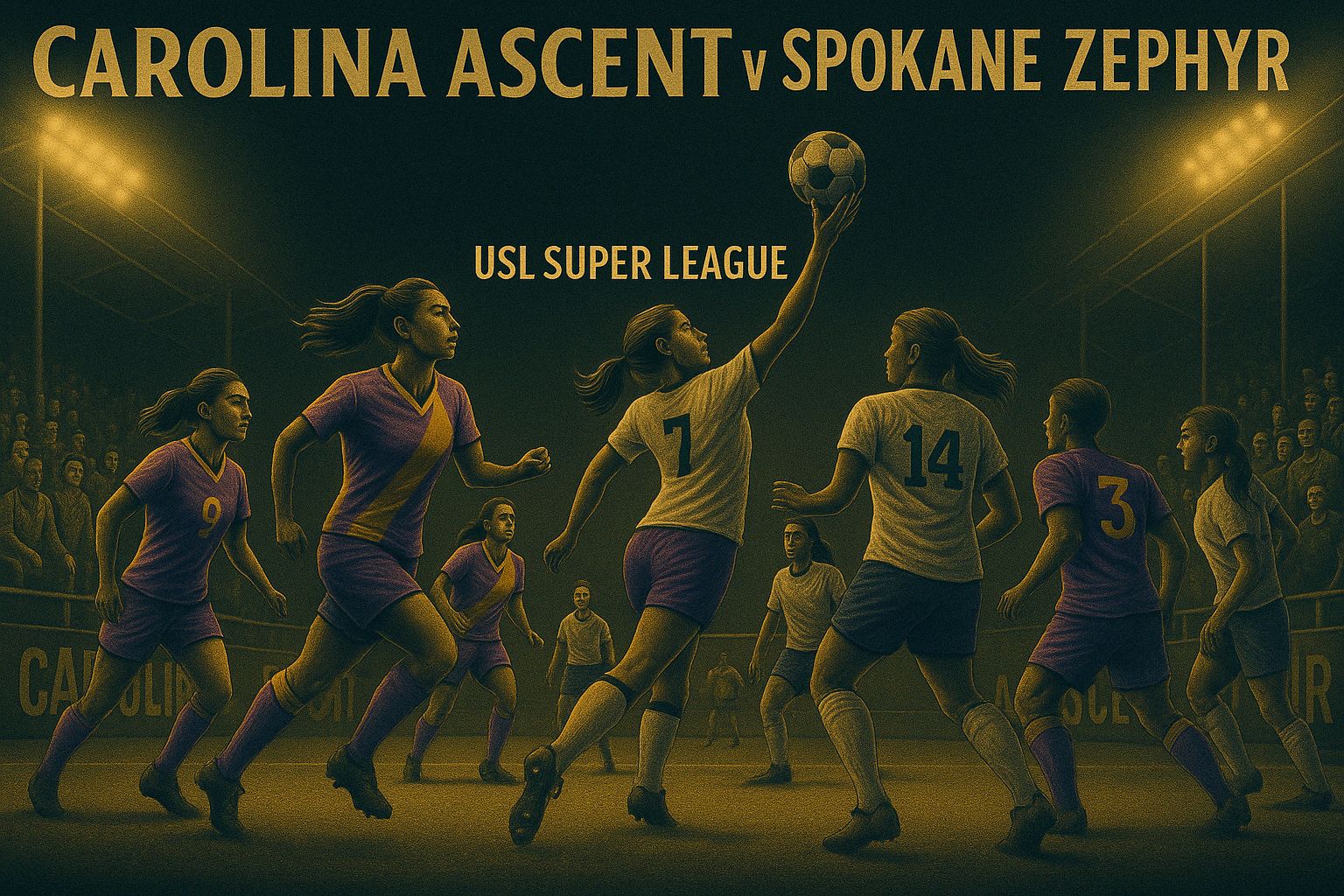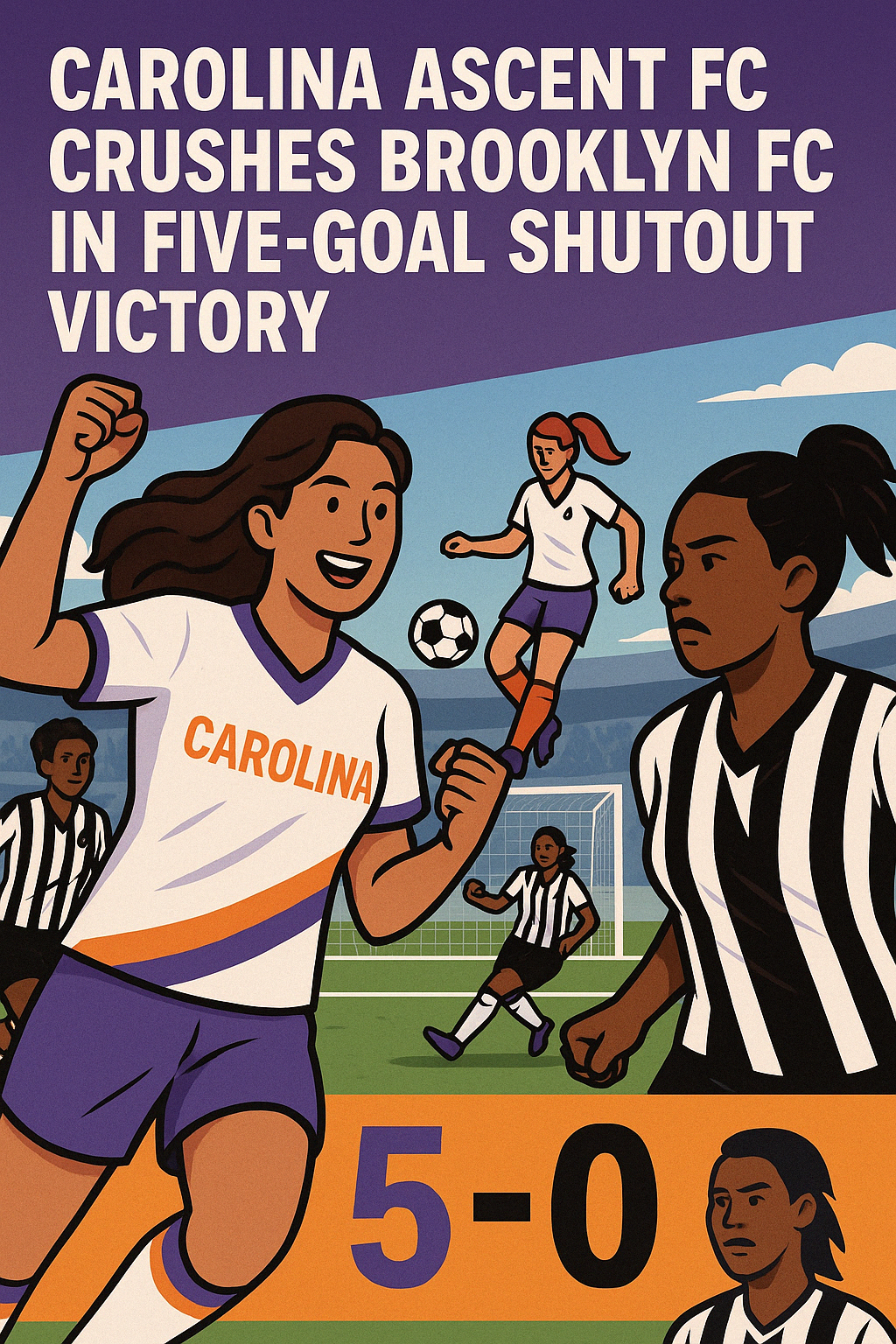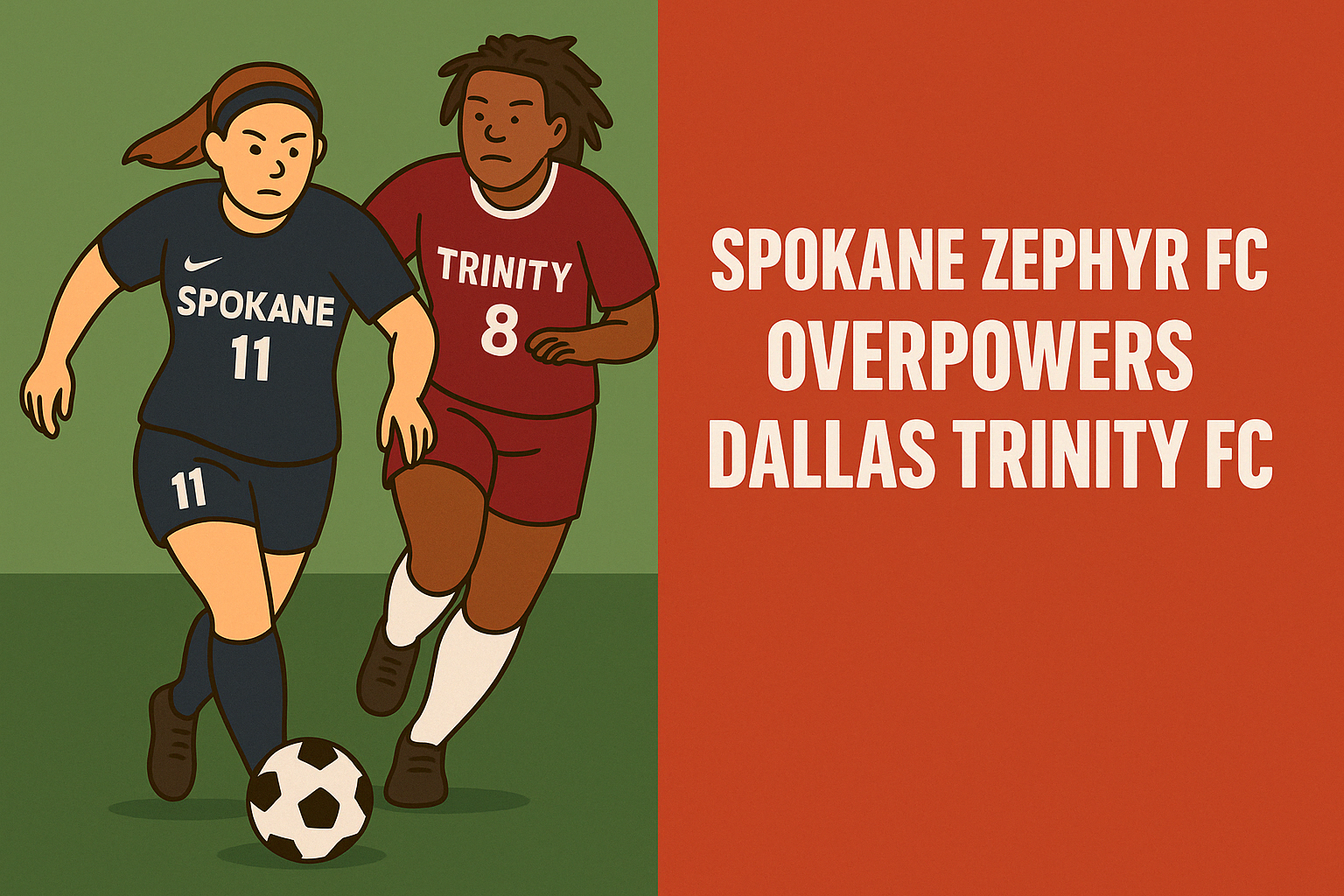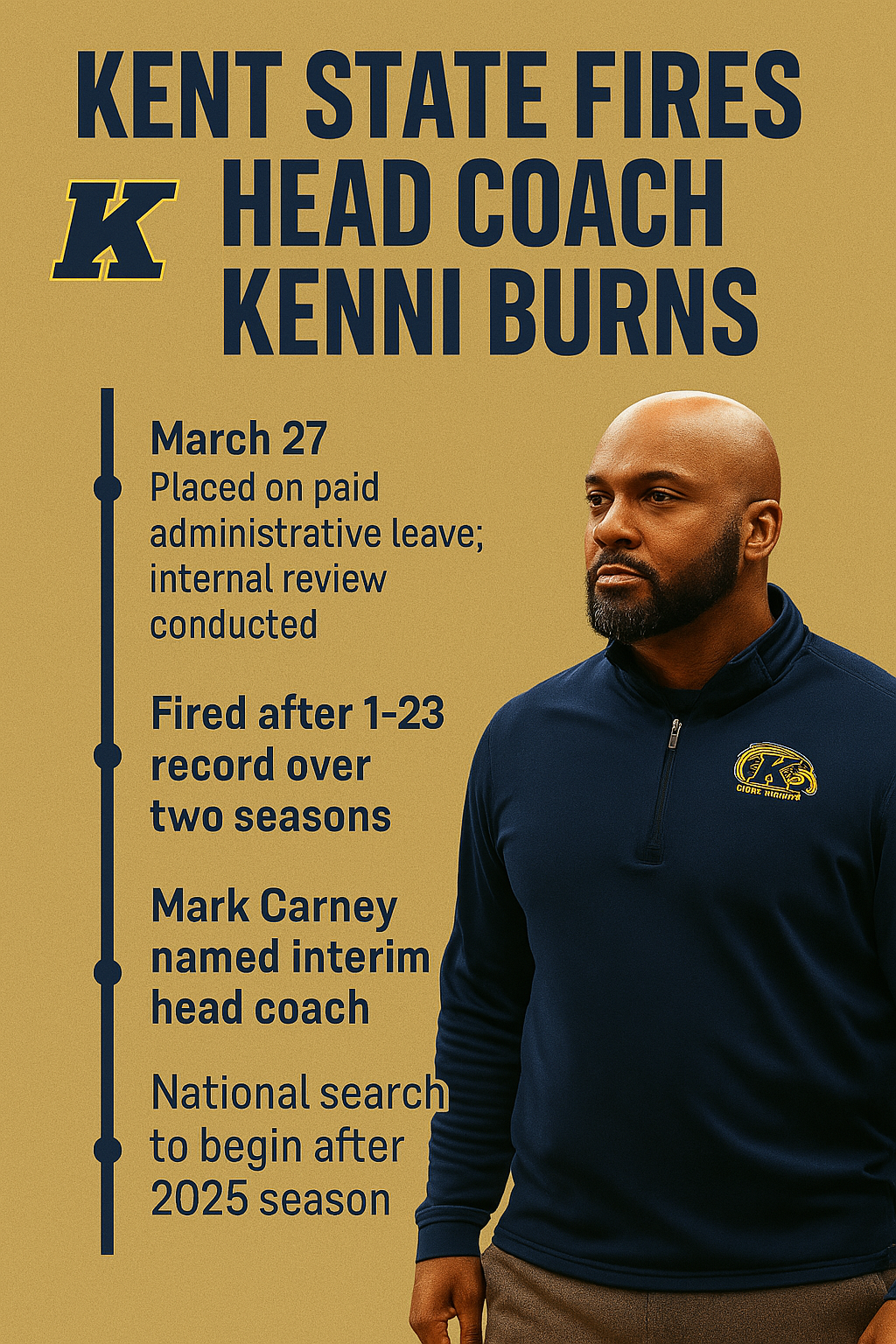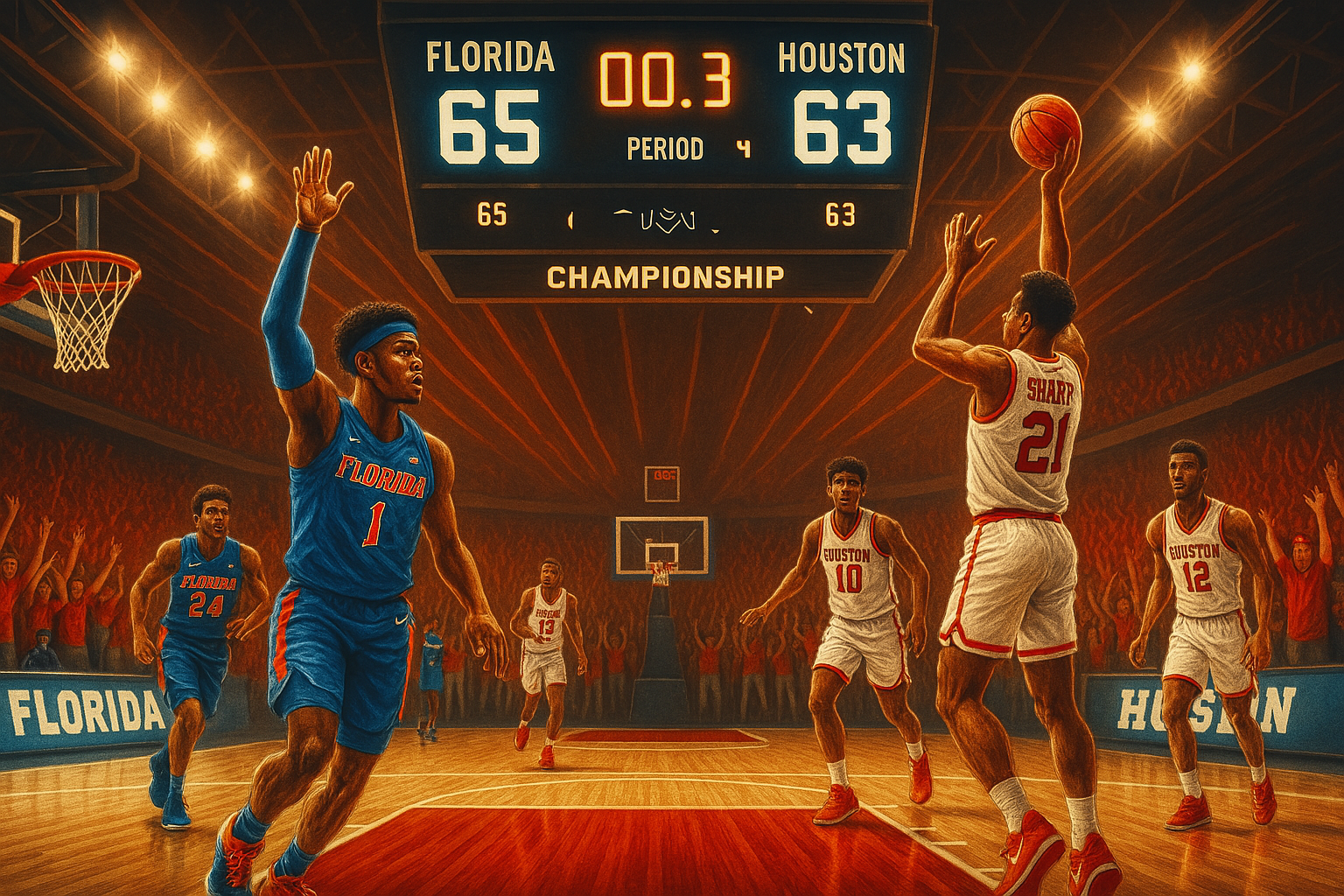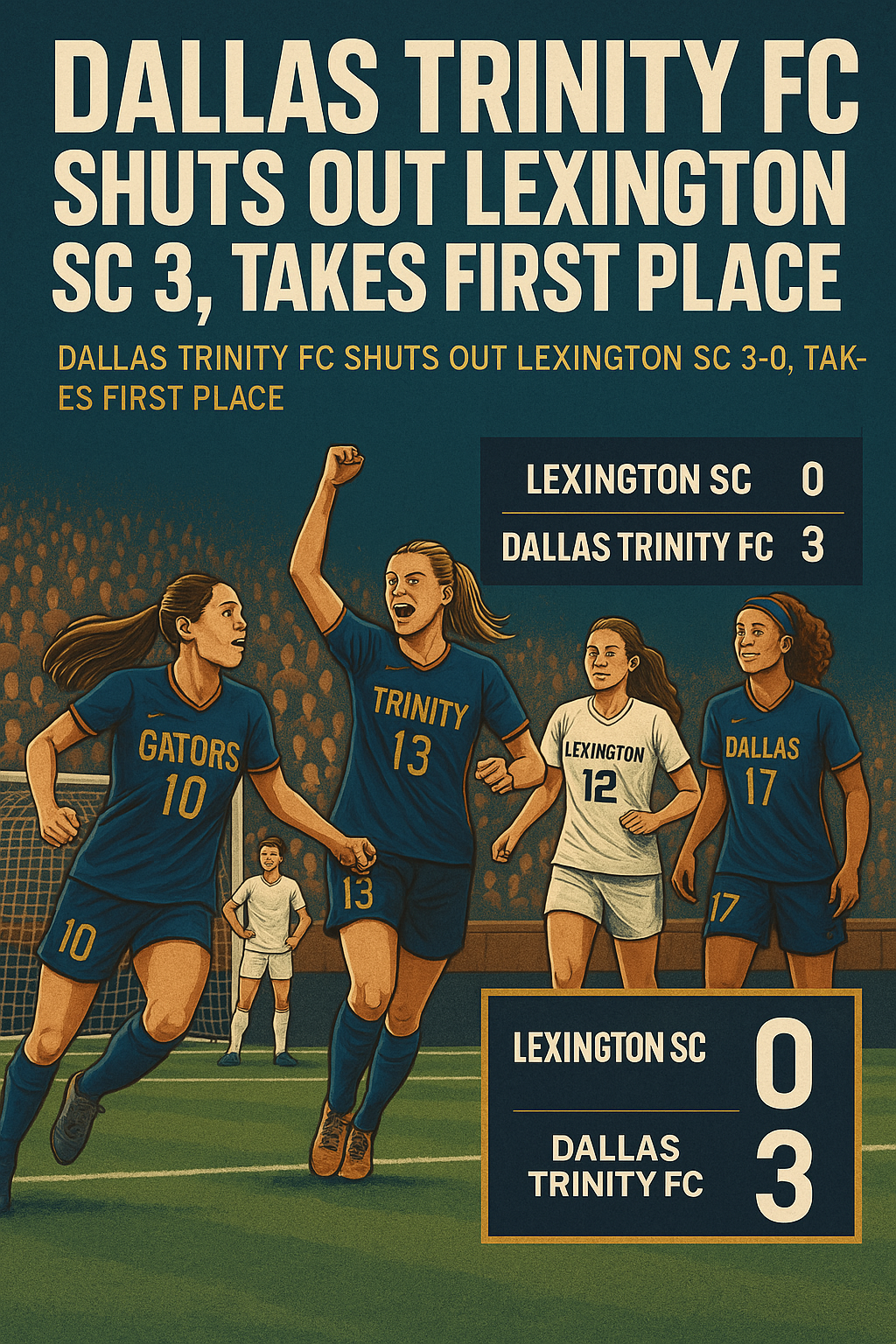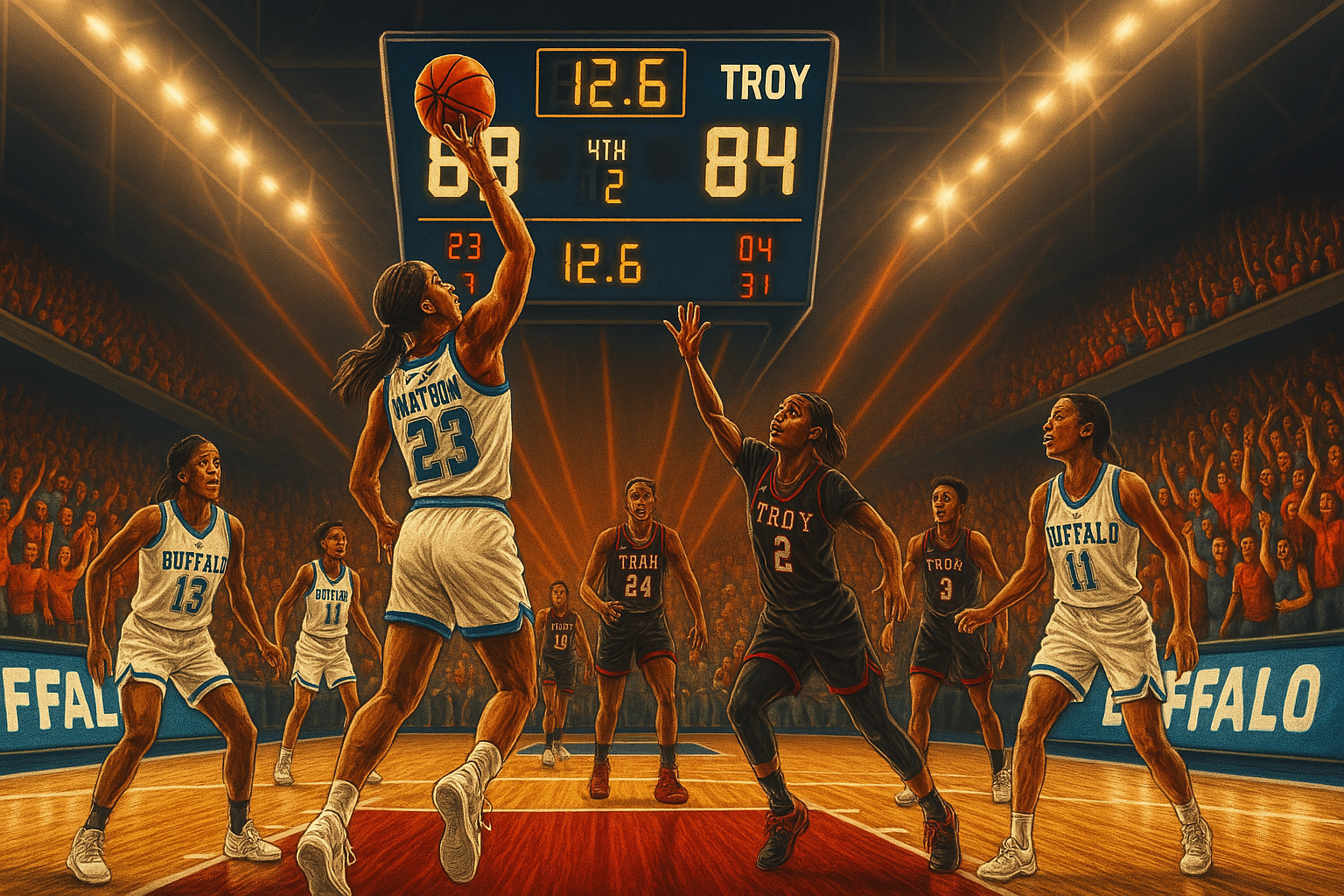NIT Announces New Team Selection Protocol for 2025 Tournament
The National Invitation Tournament (NIT) is making significant changes to its selection process ahead of the 2025 postseason. This new protocol includes automatic bids for teams from major conferences, a move that adds another layer of competition and excitement to the historic tournament. The NIT Board of Managers has outlined new qualifications for the 32-team field, and with these changes, college basketball fans are in for a revamped postseason experience.
Exempt Teams and Conference Representation
One of the key adjustments to the NIT’s selection process is the inclusion of 16 exempt teams. These teams will include the top two squads not selected for the NCAA Division I Men’s Basketball Championship from the Atlantic Coast Conference (ACC) and Southeastern Conference (SEC). Additionally, the highest-ranked team from the top 12 conferences that doesn’t make the NCAA Tournament will automatically receive an NIT bid. This change ensures that more top-performing teams from high-profile conferences are represented in the tournament.
These exempt teams will be determined based on an average ranking from multiple metrics, including the ESPN Basketball Power Index (BPI), Kevin Pauga Index (KPI), NCAA Evaluation Tool (NET), Ken Pomeroy Rating (KenPom), Strength of Record (SOR), Torvik ranking, and Wins Above Bubble (WAB) ranking. The committee’s reliance on these advanced metrics guarantees that only the most deserving teams will receive an automatic invitation.
Moreover, all exempt teams will be guaranteed the opportunity to host a first-round game, which should bring added excitement to the opening stages of the tournament.
Conference Champions Still in Play
Alongside the exempt teams, regular-season conference champions who are not selected for the NCAA Tournament can still earn automatic NIT bids. However, these teams must meet a specific qualification: they need to have an average ranking of 125 or better across the same selection metrics (BPI, KPI, NET, KenPom, SOR, Torvik, and WAB). This adjustment ensures that the NIT maintains a high level of competitiveness, while still providing an opportunity for deserving conference champions who missed out on the NCAA Tournament.
This updated system is expected to increase the quality of teams participating in the NIT, making the tournament more competitive. By requiring conference champions to meet the ranking criteria, the NIT avoids potential mismatches while rewarding consistently strong programs.
Changes Reflect Broader Shifts in Postseason Basketball
The updated NIT selection process comes amidst larger changes in the postseason basketball landscape. With FOX debuting its own 16-team postseason tournament in partnership with the Big Ten, Big 12, and Big East conferences, the NIT has made moves to ensure that it remains competitive. The FOX tournament, set to take place in March and April 2025, has prompted the NIT to revise its approach and guarantee high-profile matchups.
Previously, the NIT offered automatic bids to two teams from the Power 6 conferences, but with the increased competition from FOX’s tournament, the NIT needed to ensure that it still attracts top-level talent. The changes to the selection protocol, including the auto-bids for ACC and SEC teams, are seen as a direct response to FOX’s involvement in the postseason landscape.
New Committee Members and Experimental Rules
In addition to the changes in team selection, the NIT has also introduced new members to its committee. Former head coaches Tubby Smith and Jeff Jones have joined the NIT selection committee for the 2025 season. Smith, a former NCAA champion with Kentucky, and Jones, with over 30 years of coaching experience, bring extensive knowledge and insight into the process. Their inclusion is expected to bolster the NIT’s ability to curate a strong and competitive field for the tournament.
Additionally, the NIT will implement a new experimental rule for the 2025 tournament. This rule will require coaches to challenge out-of-bounds calls in the last two minutes of games, replacing the current system where officials voluntarily review these plays. Coaches will only be allowed to challenge if they have timeouts remaining. If a coach’s challenge is successful, they retain their timeouts, but if it is unsuccessful, they will be charged a timeout. In the case of no timeouts, an unsuccessful challenge will result in a technical foul and two free throws for the opposing team.
This experimental rule is designed to put more control in the hands of the coaches, adding an additional layer of strategy to end-of-game scenarios.
Exciting New Chapter for the NIT
The 2025 NIT, with its revamped selection process and new rules, is shaping up to be an exciting chapter in the tournament’s storied history. Fans can expect more high-stakes games between teams that narrowly missed out on the NCAA Tournament but still have a lot to prove. The inclusion of advanced ranking systems in the selection process ensures that the best teams, even those outside the NCAA field, will get their shot at postseason glory.
With the NIT semifinals and championship set to return to the historic Hinkle Fieldhouse in Indianapolis, this season’s tournament promises to deliver the same intense action that has become synonymous with postseason college basketball.
